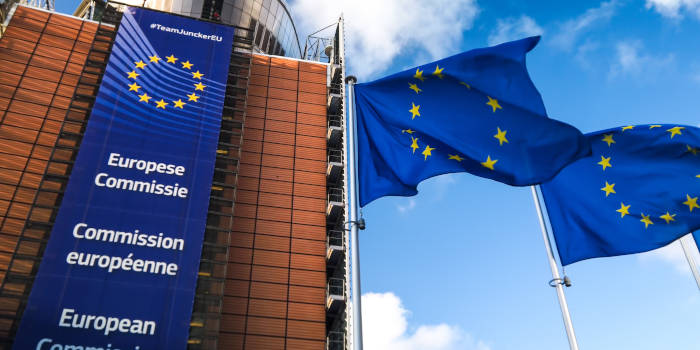The European Commission has announced its plans to scrutinize Malta’s controversial Bill 55, which aims to provide legal protection to Malta-based iGaming companies from litigation in other European Union (EU) Member States.
European Commission Seeks Clarity on EU Law Compliance
European Commissioner for Justice, Didier Reynders, confirmed that the Commission is evaluating the draft legislation and will assess its compliance with EU regulations, reported The Shift News. In response to a written inquiry from German MEP Sabine Verheyen, Reynders emphasized the need for more information from the Maltese authorities before deciding on any follow-up actions.
The MEP posed several questions to the Commission, including whether the proposed bill aligns with European law and what measures the Commission intends to take if it finds any violations. Reynders clarified that the Commission has no information regarding potential links between individual members of the Maltese government and the local gambling industry.
Bill 55, also known as The Gaming Amendment Act, secured approval from the Maltese Parliament in June. It aims to codify the country’s longstanding policy of supporting gaming operators within its borders.
The amendments have a restricted scope and do not prevent any legitimate actions against licensees. However, they apply when an action, initiated by an operator or player, undermines the legality of the Maltese framework and pertains to lawful activities as defined in the Gaming Act and other regulatory instruments applicable to the Malta Gaming Authority’s licensees. Foreign judgments meeting these criteria will not be recognized and enforced in Malta, as they are considered to be against the public policy of the country.
Bill 55 Stirs Up Legal Controversy for Malta-licensed Gaming Companies
However, the bill has sparked controversy, especially among Austrian and German lawyers representing clients involved in legal disputes with Malta-licensed online gaming companies. These lawyers contend that the legislation undermines the rule of law in Europe by infringing upon the fundamental rights of EU citizens and residents.
The issue of offshore online casinos offering their services in regions where they lack proper licensing has long been a grey area in the online gambling industry. The enactment of Bill 55 would potentially shield operators in the European grey market from lawsuits arising from their gaming activities, adding complexity to the already disputed matter of European freedom of services.
Malta, which has been a significant hub for iGaming companies, witnessed a decline in the issuance of new gaming licenses in recent years. The decrease in registrations has been previously ascribed to Malta’s 2021 greylisting by the Financial Action Task Force (FATF). However, the decline in the number of licenses issued after 2018 can largely be attributed to the transition from the previous multi-licence system to the current two-licence system in Malta. It is also worth noting that Malta has already been delisted from the FATF grey list.

